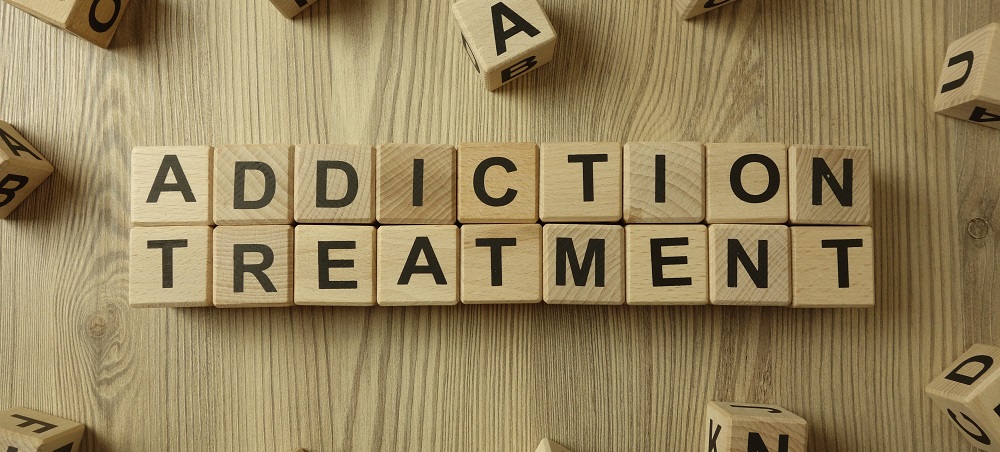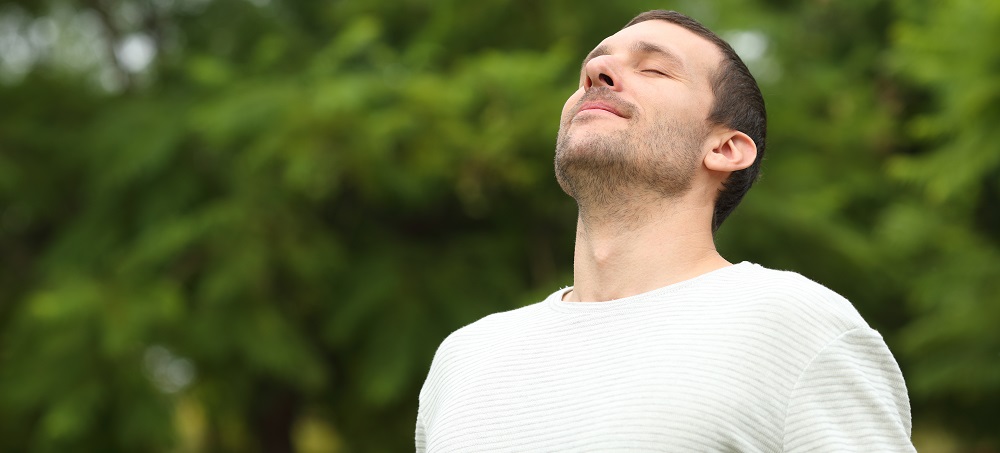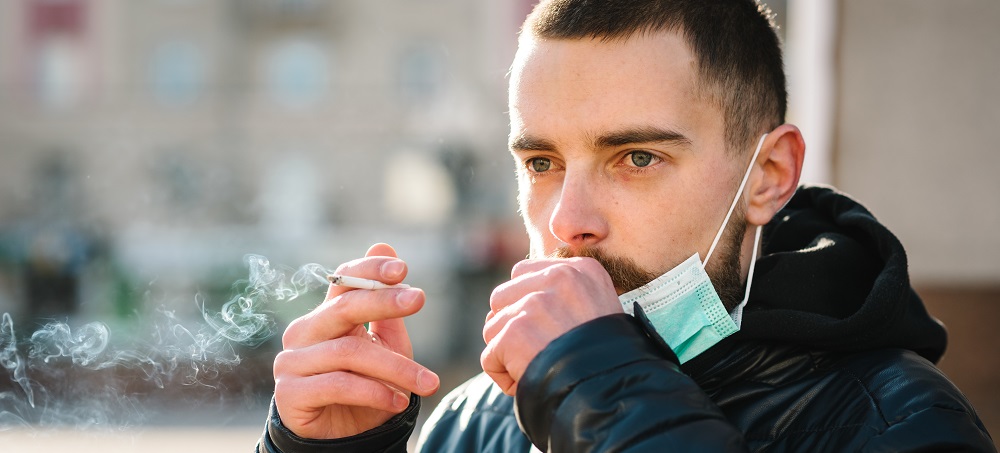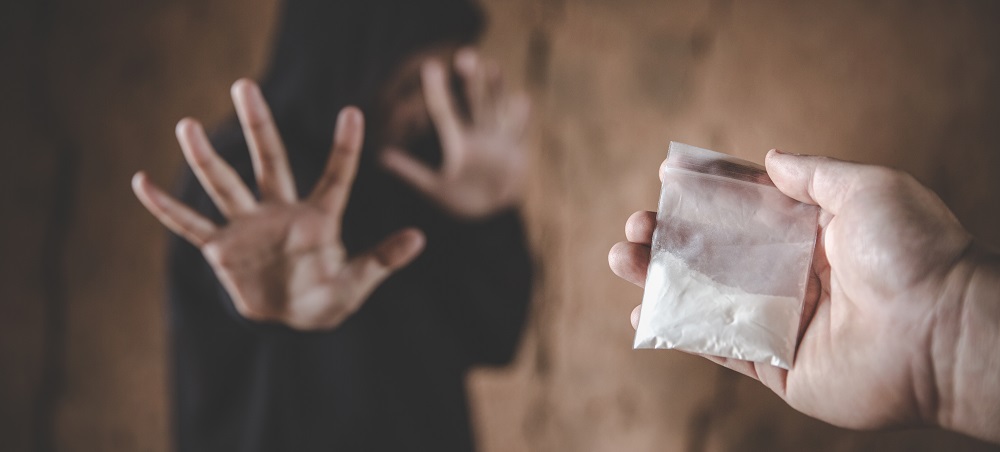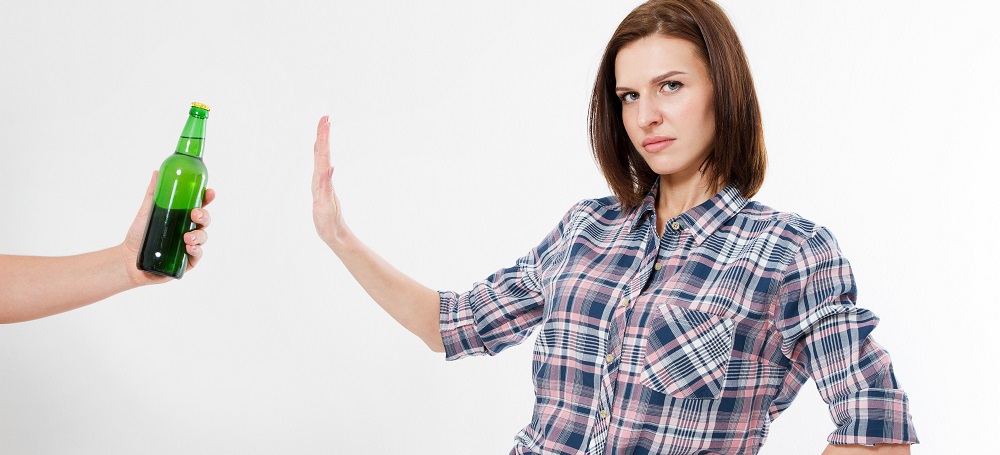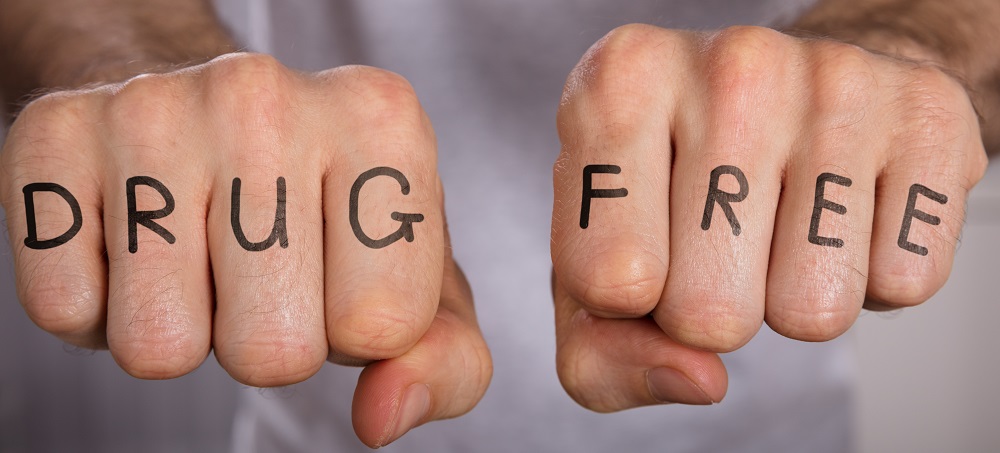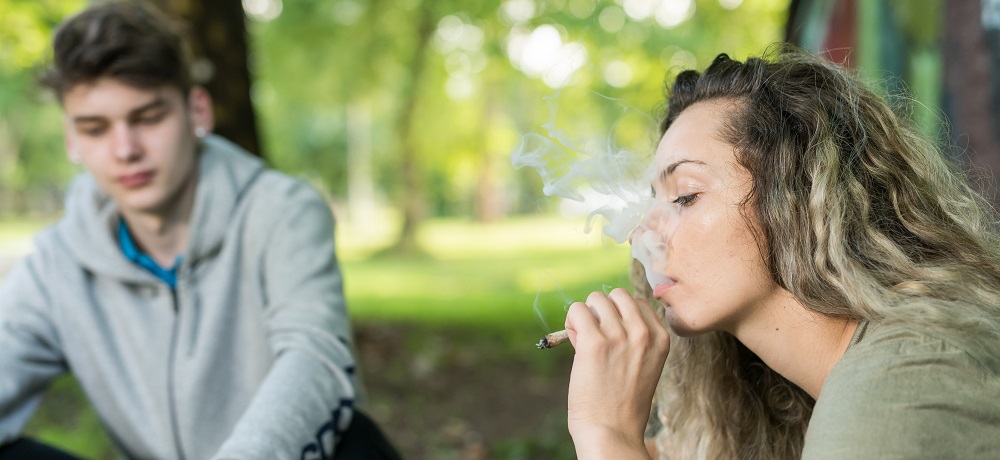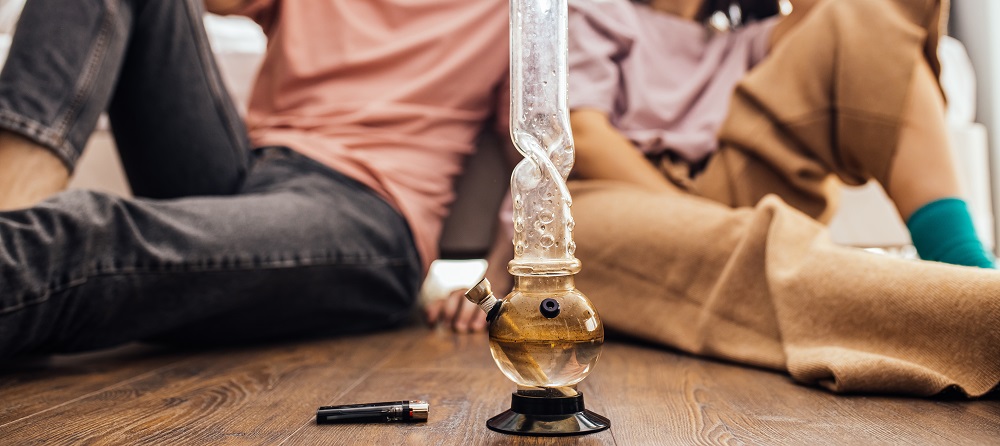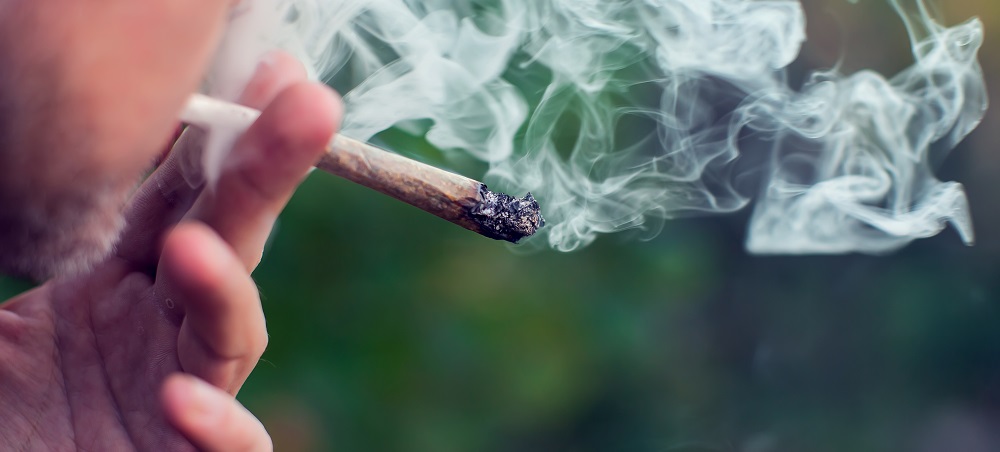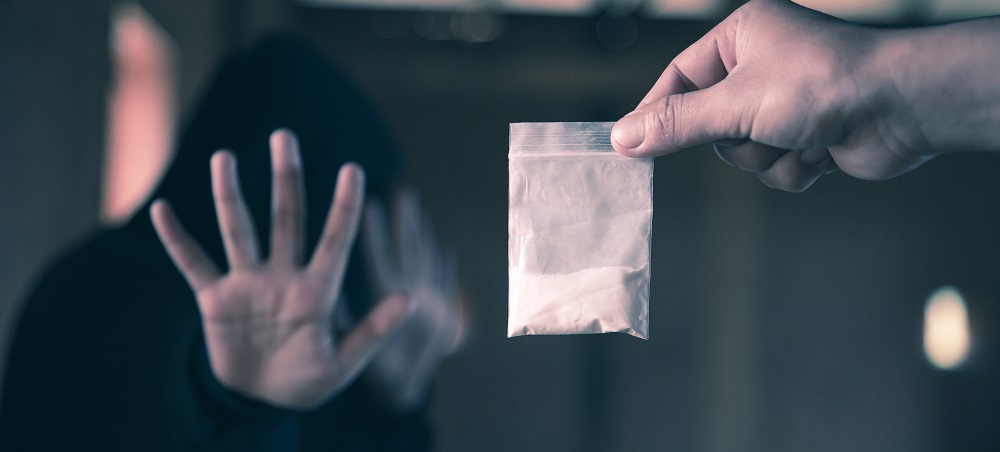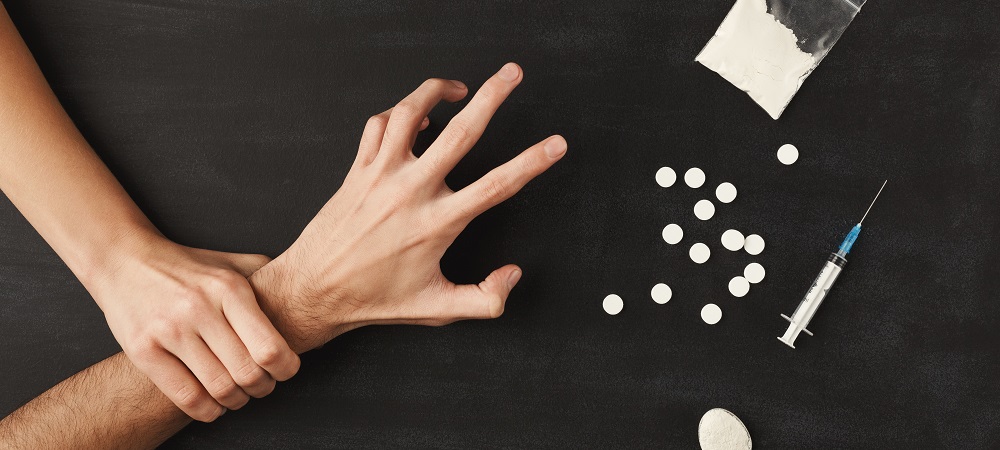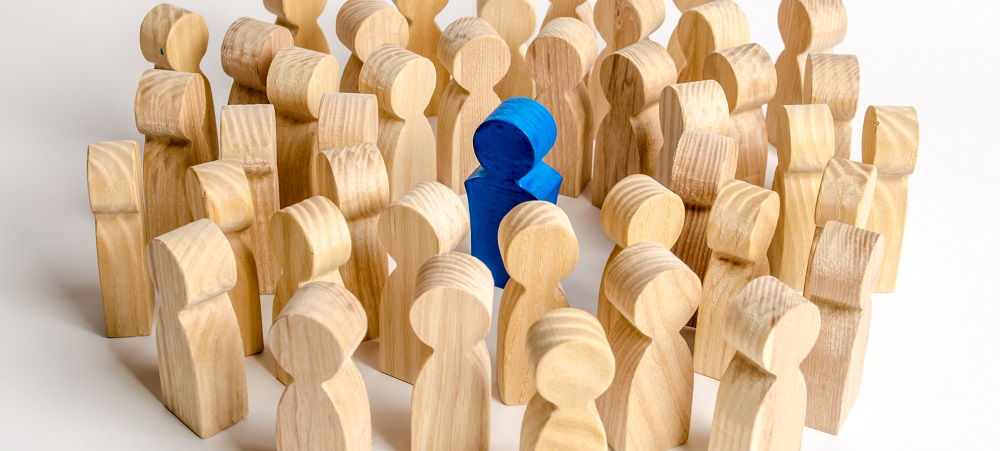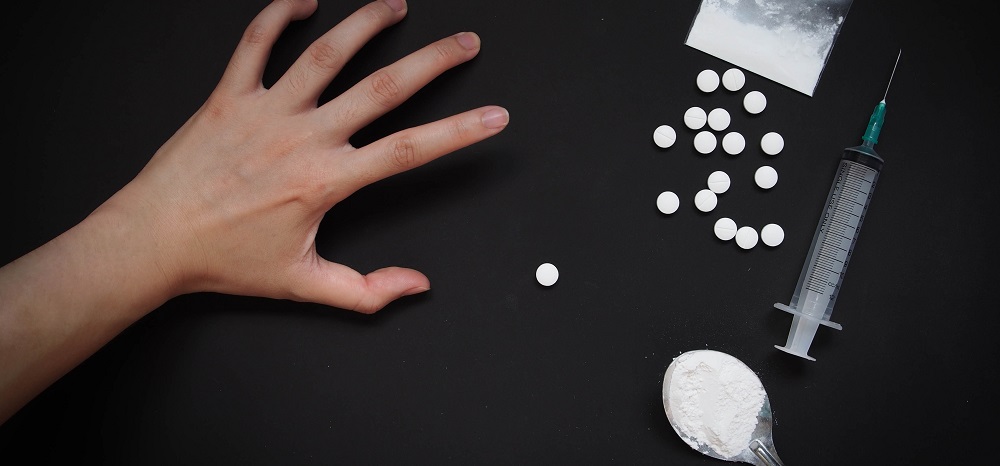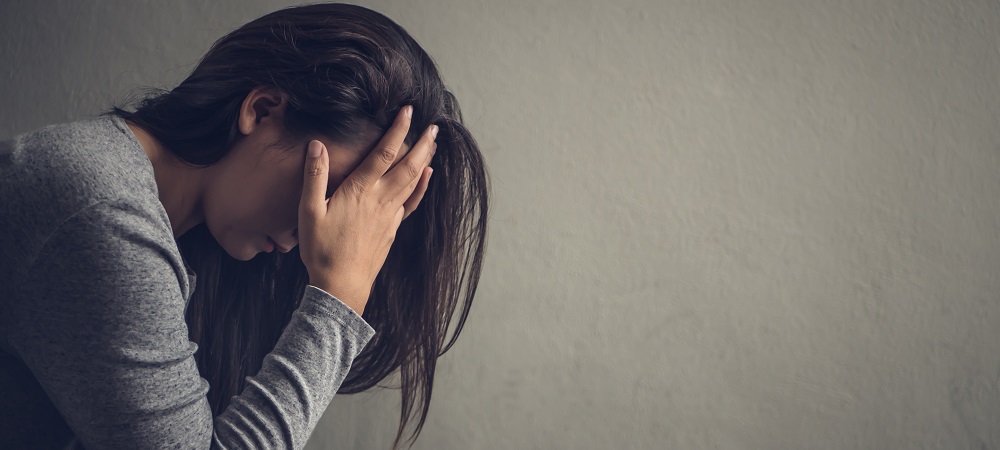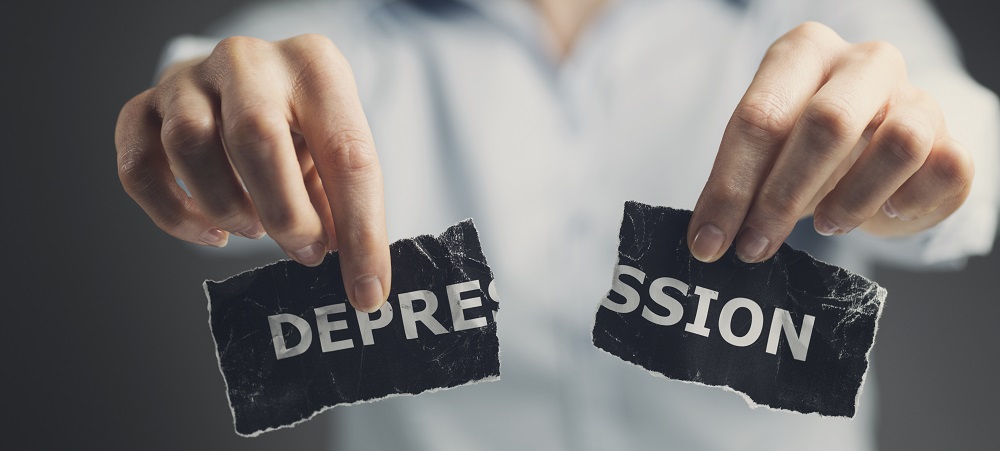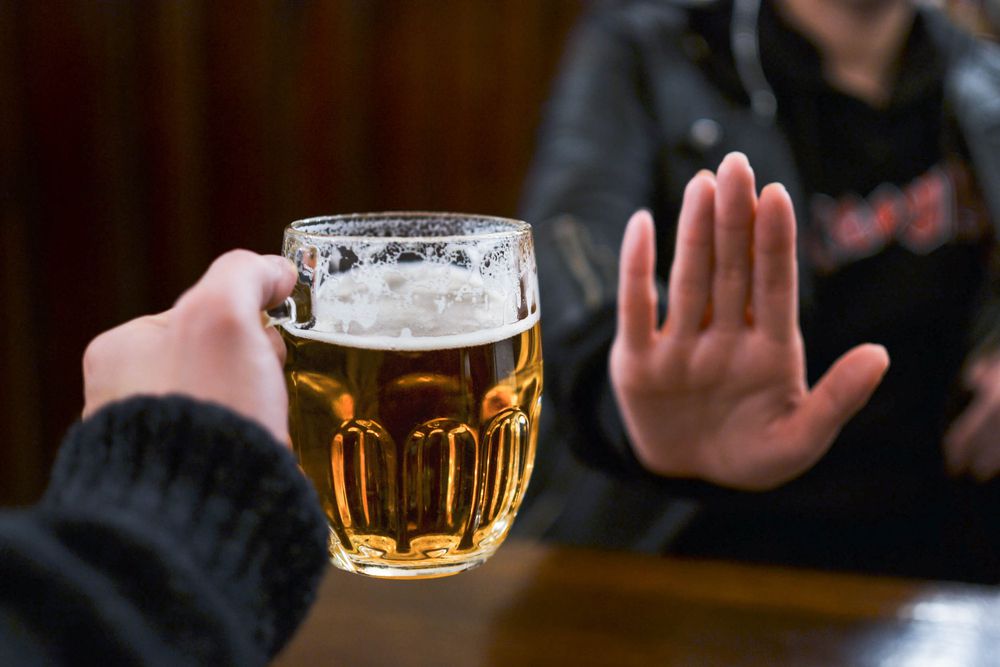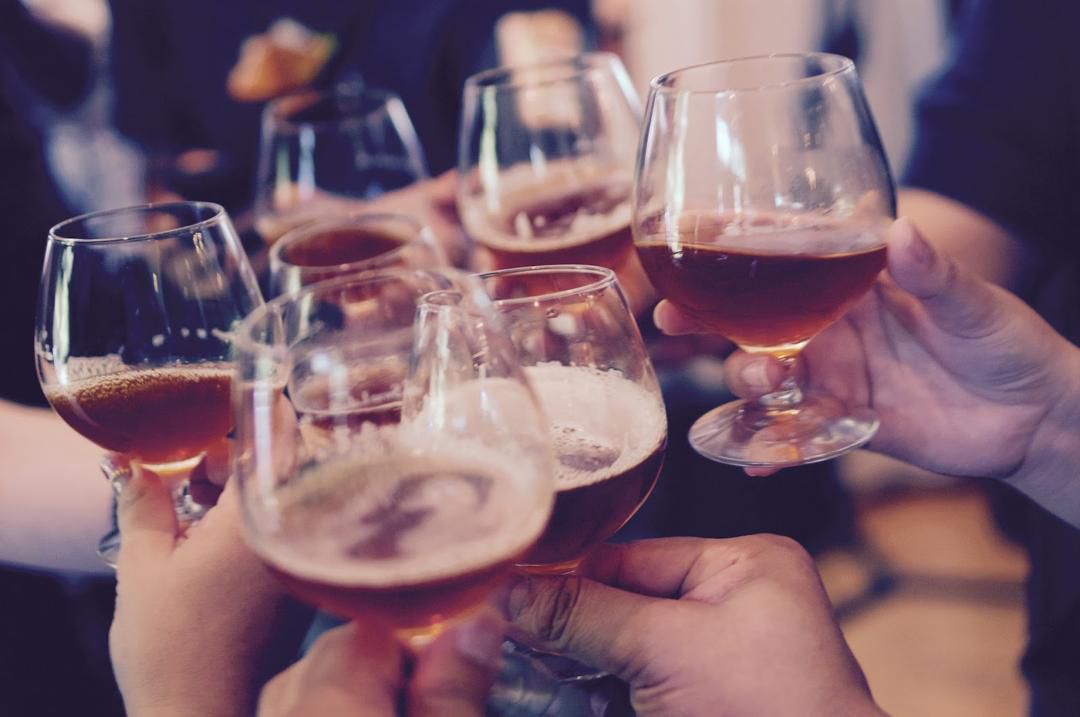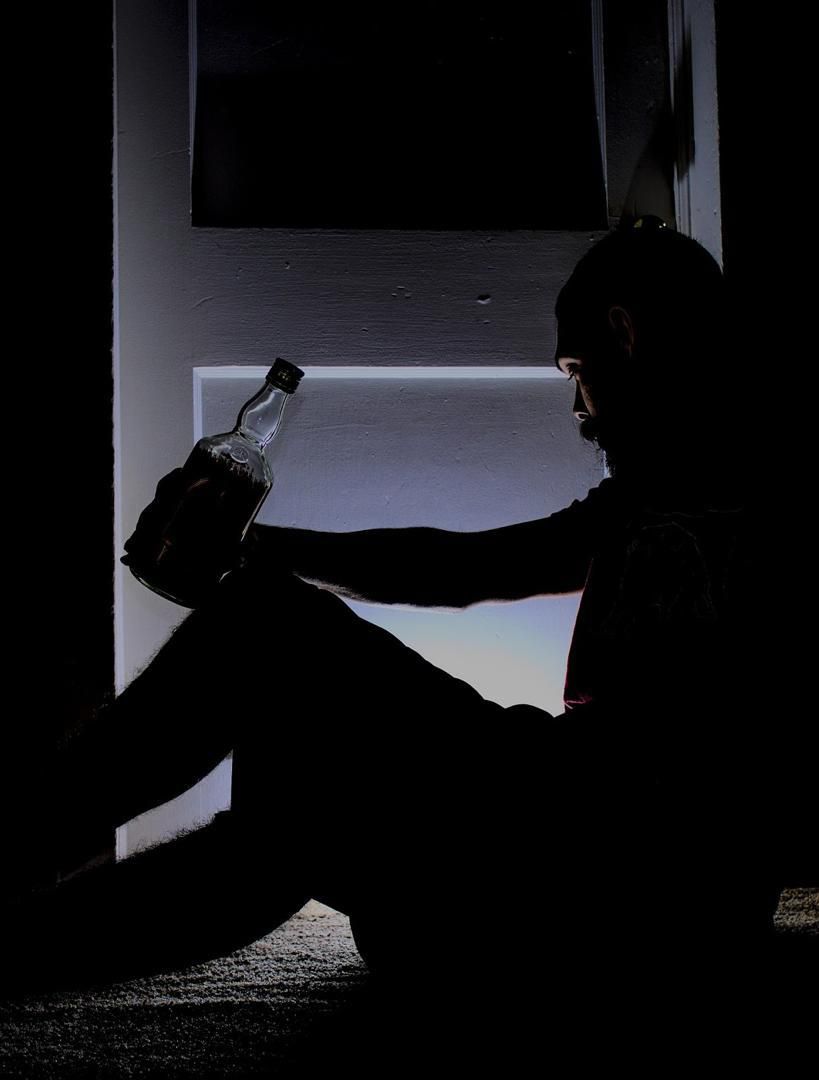A common refrain among people who are struggling with addiction is that they “can quit whenever they want”. Some of them can’t even see the signs that they need professional addiction treatment.
In many cases, drug and alcohol addicts are unwilling or unable to recognize that they have an addiction. They believe that while the drug is helping them in some way, they would be able to without it if they want.
The issue, to their mind, is that the rest of the world fails to see that they are using the drugs because they are choosing to – not because they are driven by any addiction. By failing to recognize the signs of addiction, many addicts lose out on getting help in the form of expert addiction treatment.
The problem is that the further you fall into addiction, the more difficult it is to see that you have a problem. Many substances temporarily or permanently change your perceptions of the world around you, so you gradually lose the ability to maintain a sense of what is reasonable. Therefore, while it is obvious to your friends and family members that you need help, you yourself may be unable to see that.
If you are in a situation where friends and family members keep telling you to seek professional addiction treatment, you need more perspective on the subject. Take a look at the top six signs that you need expert addiction treatment.
#1 Your Physical Or Mental Health Is At Stake

There is a strong correlation between addiction and both physical and mental health. This relationship works both ways: there are physical and mental illnesses that can either lead to the addiction or make it more dangerous, and the addiction can result in physical and mental health conditions that were not present before.
These impacts vary greatly from one person to another, depending on age, state of health, the substances being used, and a variety of other factors.
Professional addiction treatment should be seriously considered if any of the following applies:
- You have a pre-existing physical or mental illness that is worsening as a result of your drug or alcohol use
- You continue to use drugs or alcohol in spite of feeling ill after ingestion
- You have started experiencing palpitations, difficulty breathing, or blood pressure that is higher or lower than usual
- You experience nausea, vomiting or diarrhea that appears to be linked to your use of drugs or alcohol
- You have started experiencing paranoia or hallucinations of any kind
- You have thoughts of self-harm or suicide, whether you have acted on these or not
- Prescription medications that you use have stopped working for their intended purpose, or they have started producing side effects that were not there before
The physical and mental effects described above are top signs you need professional addiction treatment. It is important not to underestimate the risks of drug abuse to your physical and mental health. In some cases, ignoring these dangers can have fatal consequences.
#2 Your Substance Use Coincides With A Crisis

Addiction is not usually a condition that “just happens”. It is deeply rooted in context, meaning it arises as a direct result of something that is going on in your life. Examples of this include the following:
- You have been in an accident and you have been prescribed opioid medication for pain relief
- You are mourning the loss of a loved one
- You have suffered a job loss or you are experiencing a financial crisis
- You have witnessed or experienced trauma or abuse
- You are experiencing problems in a relationship with someone significant, such as an intimate partner or a child
Dealing with any one of these things alone can be challenging. However, when you add addiction to the mix, you are dealing with more than you should be expected to without help.
If you find yourself turning to a substance or alcohol while thinking things over, it’s one of the signs you need professional addiction treatment. Whether you’re in the USA or Canada, get expert help.
By getting expert addiction treatment, you can be guided through the process of eliminating your reliance on the drugs you are addicted to. More importantly, you also receive support as you deal with the root cause of the addiction.
#3 Drug Use Occupies A Lot Of Your Time
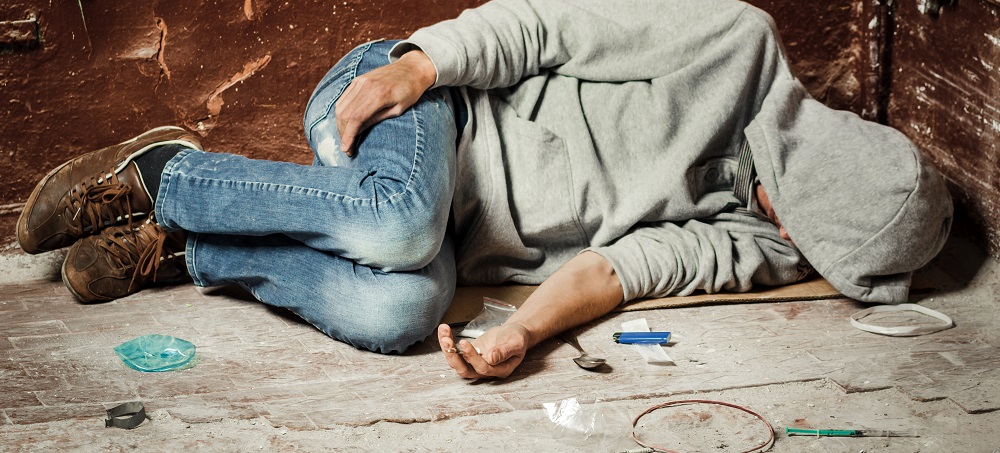
If you find that you are spending a lot of time getting drugs, using drugs, or recovering from using drugs, chances are you can benefit from expert addiction treatment. Drug or alcohol use may become your main priority. It is the only thing you care about, to the exclusion of everything and everyone around you.
If you answer “yes” to any of the following questions, you’ve just discovered one of the signs you need expert addiction treatment.
- You find it difficult to think of anything except drugs
- You have lost interest in activities that were previously important to you
- After using drugs, you immediately start thinking of when you can use again
- You choose drugs over spending time with friends and family members
- You skip work or school in order to use drugs
- You back out of previously agreed-on social engagements
- You feel anxiety when you do not have access to drugs or alcohol
Related article: How To Organize An Intervention for Addiction Treatment
#4 You Behave Recklessly After Using Drugs

Many substances, including alcohol, have the power to take away your perceptions of danger. This results in you engaging in behaviour that is risky and reckless, in spite of the potential dangers. Unfortunately, this can result in harm, not only to yourself but to someone else.
Examples of this include the following:
- Driving a car or operating machines or tools that are potentially dangerous
- Engaging in high-risk sexual behaviour without taking proper precautions
- Committing an act of assault
- Committing vandalism, breaking and entering, or any other criminal offence
- Committing any act of self-harm or attempted suicide
- Jumping into a body of water
These behaviours can have long-term consequences for you and the people around you. Someone may lose their life as a result of impaired driving, reckless sexual behaviour can lead to pregnancy or a sexually transmitted disease. In the same vein, you may find yourself in trouble with the justice system after engaging in criminal activity. If you have done any of these things even once – whether or not there were long-term consequences – it’s one of the signs you should seek expert addiction treatment.
#5 You Have Tried To Quit Before

Alternating cycles of relapse and recovery are common in addiction. If you are using drugs or alcohol after a long period of abstinence, you may be inclined to tell people, “I’ve quit once, I can do it again.” The problem with this line of thinking is that it ignores the reasons for your relapse. Also, if your first attempt at quitting happened without professional help, you are unlikely to have worked on the underlying causes of the addiction.
Addiction in itself is frequently not the problem – it is a symptom of an underlying problem, and if that problem is not resolved, the addiction will keep coming back.
Relapse does not mean you have failed, it simply means that something was not addressed during your attempt to quit. Maybe you have a physical dependence on the drug, maybe you need some help with underlying mental health issues, or perhaps you are struggling to come to terms with unresolved past trauma. Whatever the reason is, a program of professional addiction treatment can help you.
#6 You Experience Withdrawal Symptoms When You Don’t Use The Drug
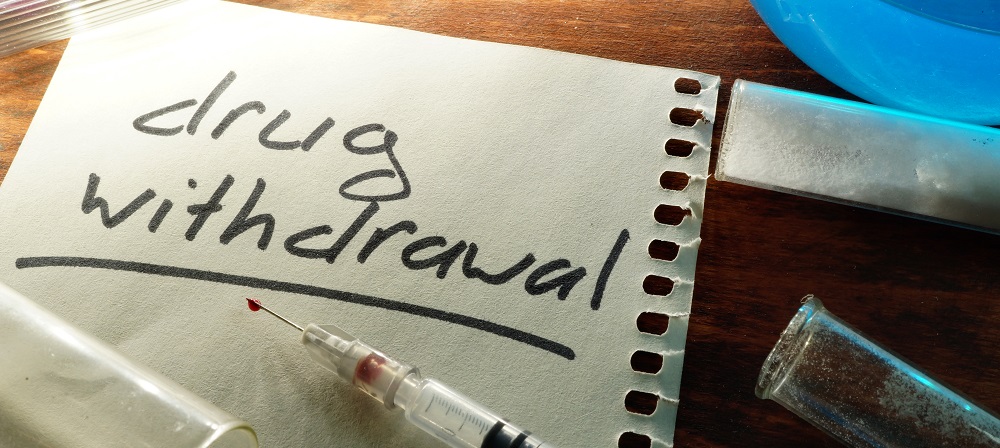
As your body and mind become more dependent on drugs or alcohol, you may get to the point where you actually need the drug in order to function. Depriving your body of the substance, even for a short period of time, may result in uncomfortable withdrawal symptoms including:
- Nausea and vomiting
- Palpitations
- High blood pressure
- Headaches
- Anxiety
- Paranoia
- Insomnia
- Loss of appetite.
Some people experience severe depression that puts them at risk of suicidal thoughts and actions. In some cases, withdrawal can be fatal.
The symptoms of withdrawal can be so intense that you seek out more drugs, just to make the symptoms stop. If you have reached this point, professional addiction treatment and rehab should be considered.
How To Get Expert Addiction Treatment
Addiction is a debilitating condition that can have devastating impacts on many areas of life, but with the right help, it is treatable. At 1000 Islands Addiction Rehab & Treatment Centre, we provide fully customized addiction treatment plans for each individual, based on their unique needs, circumstances and personality.
Treatment modalities include group, individual and family therapy, art and music therapy, life coaching, yoga and meditation, fitness and nutrition counselling, and other methods. The best part is our support continues when your time in rehab is over. This comes in the form of a comprehensive aftercare program. To get started, call us at 805-601-0555.
Related article: The Benefits of Mindfulness Meditation In Addiction Treatment
